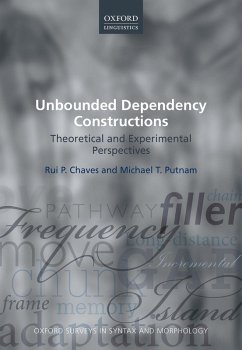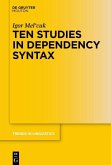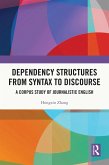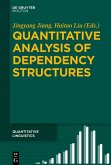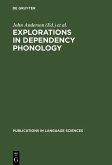This book is about one of the most intriguing features of human communication systems: the fact that words that go together in meaning can occur arbitrarily far away from each other. In the sentence This is technology that most people think about, but rarely consider the implications of, the word 'technology' is interpreted as if it were simultaneously next to the words 'about' and 'of'. This kind of long-distance dependency has been the subject of intense linguistic and psycholinguistic research for the last half century, and offers a unique insight into the nature of grammatical structures and their interaction with cognition. The constructions in which these unbounded dependencies arise are remarkably difficult to model and come with a rather puzzling array of constraints that have often defied characterization or proper explanation. This work provides a detailed survey of these constructions and the factors responsible for their creation and comprehension, describes new experimental evidence that sheds light on the nature of the phenomenon, and suggests new avenues for future research. The volume will be of interest to graduate students and researchers in the fields of morphosyntax, psycholinguistics, and cognitive science.
Dieser Download kann aus rechtlichen Gründen nur mit Rechnungsadresse in A, B, BG, CY, CZ, D, DK, EW, E, FIN, F, GR, HR, H, IRL, I, LT, L, LR, M, NL, PL, P, R, S, SLO, SK ausgeliefert werden.

